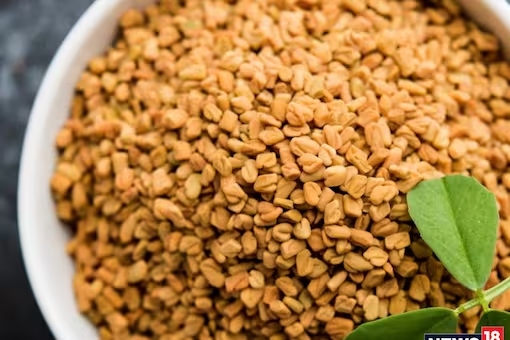While winter is one of the favourite seasons for many across the globe, the chilly winds and cold climate also bring along a host of diseases. Besides paving way for dry skin, winter can also impact our bowel movements. A lot of people suffer from constipation during winter. The condition affects us more during the cold months than in summer. Several reasons, such as not consuming enough water, sipping on cups and cups of tea, coffee or hot chocolate, and ditching salads and vegetables for warmer foods, contribute to constipation.
To ease your search for the appropriate food to eat in winter, here is a list of items that must be consumed during winter and those that should be avoided, to keep your gut health and metabolism in check.
Foods to eat in winter
Dates: Dates contain about 7 grams of fibre in a 3.5-ounce serving, making them an excellent source of fibre. Fibre can help in digesting food and preventing constipation. It encourages regular bowel movements by aiding in the formation of excrement. Just soak 2-3 dates in water and gobble them down when you get up from bed.
Raisins: Black raisins are enriched with the goodness of fibre that promotes regular bowel movements. To get the best out of raisins, all you need to do is soak them in water and consume them first thing in the morning.
Oranges: Oranges have roughly 3 grams of fibre, which is about 13% of the daily fibre that should be consumed per day. Oranges are high in pectin, a soluble fibre that aids in intestinal discharge and gives relief from constipation. The fruit also contains a flavanol called naringenin, which researchers discovered can act as a laxative.
Foods to avoid in winter
Dairy items: Cheese and ice cream, along with a few other dairy items, contain plenty of calcium, which might cause constipation in some people. While cheese is high in fat and contains little to zero fibre, dairy products house lactose. Both can induce or aggravate bloating and constipation.
Red meat: Although enriched with protein, red meat contains more fats than other types of meat, making it more difficult to digest. It is also deficient in fibre, which is considered to be the most crucial ingredient for keeping constipation at bay.


